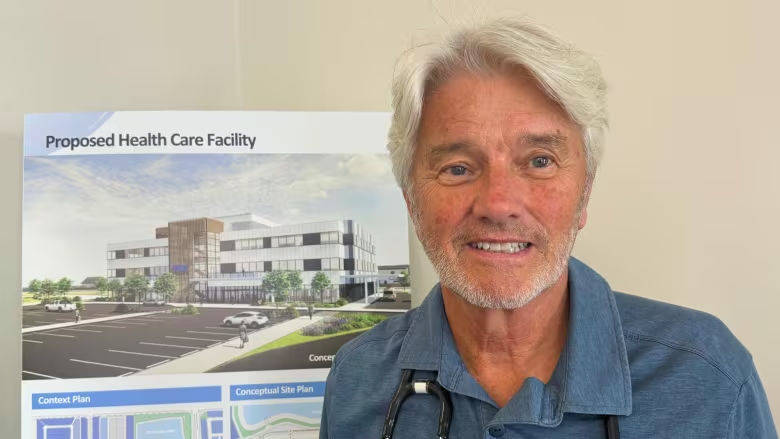Alberta’s healthcare system is once again at the center of a heated debate as the provincial government explores a new “campus” healthcare model proposed by One Health Associate Medical in Airdrie. The idea of a “one-stop shop” designed to address most healthcare needs in a rapidly growing community is promising, but it has also sparked concerns about the potential shift toward privatized healthcare in the province.
Airdrie, a city north of Calgary with a booming population of over 80,000, has long struggled with limited healthcare services. The existing 24-hour urgent care center, though essential, has gaps, particularly in areas like labor and delivery, diabetes care, and overnight beds. Residents often face long waits and are frequently directed to hospitals in Calgary, which are about 30 minutes away.
The proposed health campus by One Health Associate Medical aims to address these issues by offering a range of services under one roof, including diagnostic imaging, a pharmacy, primary health care, and medical specialists. By co-locating urgent care with primary care, the project’s proponents believe they can reduce unnecessary urgent care visits, improve patient outcomes, and ultimately lower healthcare costs.
Despite the potential benefits, the project has raised red flags among public health advocates. The most significant concern is that this proposal could pave the way for a broader privatization of healthcare services in Alberta. Currently, urgent care facilities in the province are operated by Alberta Health Services (AHS), a public entity. Introducing a for-profit operator into this mix would be unprecedented.
Friends of Medicare, a public health non-profit group, has voiced strong opposition, labeling the move as a “massive, unprecedented shift” in how healthcare is delivered in the province. They fear that Airdrie’s new health campus could become a test site for privatizing hospital services across Alberta, leading to a slippery slope where profit motives overshadow patient care.
The community’s response to the proposal is mixed. Some residents and local leaders, like Airdrie Mayor Peter Brown, see it as a necessary and innovative solution to the city’s healthcare challenges. They argue that the new facility will bring much-needed services closer to home for Airdrie’s residents and reduce strain on Calgary’s hospitals.
However, others worry about the long-term implications. Michelle Bates, executive director of the Airdrie Health Foundation, supports expanding urgent care services but questions whether this proposal might delay or even replace plans for a full-fledged hospital in Airdrie, something the community desperately needs.
As the provincial government reviews the business case submitted by One Health, the broader implications of this healthcare prototype remain uncertain. The debate over Airdrie’s proposed health campus is not just about meeting the immediate needs of a growing community; it’s about the future direction of healthcare in Alberta. Will this model lead to cost savings and improved outcomes, or will it mark the beginning of a shift toward privatized healthcare that could erode the principles of universal, publicly funded healthcare?
The decision on whether to move forward with Airdrie’s health campus proposal will likely set a precedent for other communities across Alberta. As the province grapples with a healthcare crisis and seeks innovative solutions, it’s crucial that the voices of both supporters and critics are heard. The balance between innovation and the preservation of public healthcare is delicate, and the choices made now will shape the future of healthcare in Alberta.

